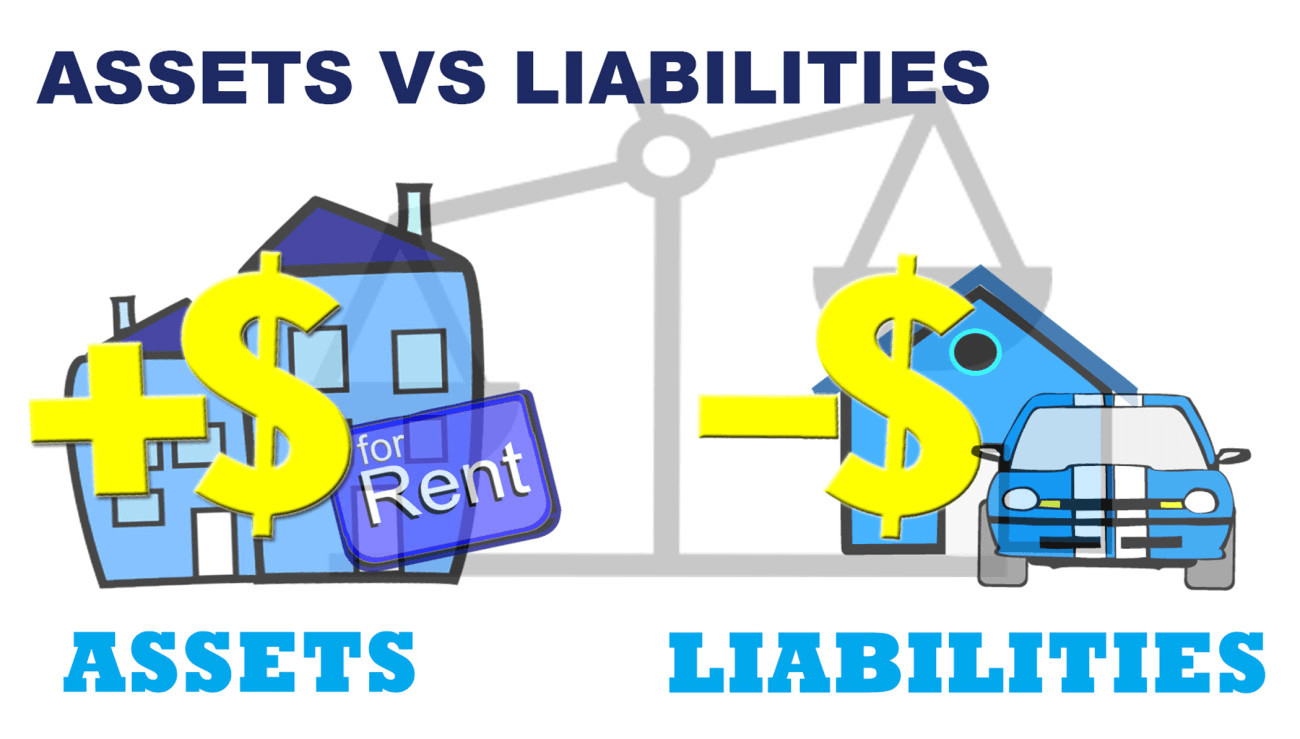“I’ve got some nice savings stashed up neatly in the bank, so should I use that money to go buy a new house for myself or should I go out to find an investment property?”
This, ladies and gentlemen, has got to be one of the most common questions in real estate investing history.
“Well?” you ask, clearly waiting for the answer.
Well, I am here to tell you that the answer is never going to be a crystal clear one. However, I will offer my point of view on the matter.
While I am a firm believer of Robert Kiyosaki and fully agree with his theory that owning a property for the sole purpose of investing is the only way you can turn a house from a liability to an asset, for those of you who are still a little undecided on the matter, I am definitely going to explore this a bit more. Please keep in mind that I am definitely not trying to indicate that purchasing a home for your own personal use is a terrible investment, the likelihood of you being able to purchase a property at the right time, in the right neighborhood, and during a market that will allow you to make a nice profit is rather slim.
Now, “Why is this so?” you might ask.
Because…
Purchasing a Property For Your Own Personal Use Isn’t All That Profitable
A lot of people are unfortunately anchored deeply into the misconception believing that when they buy a property, it will appreciate by $XXX each year. So by the time they plan on selling it, bam — they have made a profit. However, in all honesty, this is actually what happens:
Expenses Add Up
When you buy a property for yourself to stay in, the expenses do not stop the moment you buy the house, but will continue on for as long as you stay in it. These expenses include things such as the closing costs, the interest on the mortgage, property taxes, repairs and improvements, and of course, the insurance needed to cover the house.
An Investor Answers: “Should I Buy a House for Myself or Purchase an Investment Property? Share on XAppreciation Isn’t As Good As You Think
While it is a nice thought to have and is rather comforting, unfortunately, appreciation doesn’t occur quite as nicely as one would hope. Sure, appreciation does happen on the occasion (give a round of applause for inflation), however, more often than not, appreciation only keeps track with inflation, so in all honesty, it doesn’t really help you reap a lot of benefits.
Inflation
This two-faced devil acts as both your ally and your foe. For one of the pluses, a great aspect about real estate is that it is one of the few things that acts as a hedge against inflation, i.e. if inflation does occur, then the prices of houses also go up.
However, this can turn into a nasty tailspin for you too, because remember, if the price of your house increases, it is likely that the value of all the other houses out there on the market have increased as well. Hence, if you were living in this property and you sold it, it is likely you would need to buy a new place to live in, causing you to buy a house at the peak of the market, and so you will no doubt have to bid adieu to any profits you originally made.
How About Investment Properties?
While I can never promise that investment properties will always shield you from financial distress, it is true that investment properties do avoid a lot of the risks surrounding the ownership of a property. After all, the tenants cover majority of expenses, and both appreciation and inflation will work in your favor when you are planning to sell a property. I personally buy and hold for cash flow versus relying heavily on appreciation, which can be beneficial during a downturn.
In conclusion, while it definitely comes down to a case by case basis, I do still strongly agree with Robert Kiyosaki’s belief and strongly encourage the purchase of a property as an investment rather than simply a live-in. After all, a little passive income every week does sound amazing, doesn’t it now?
–BIGGERPOCKETS

